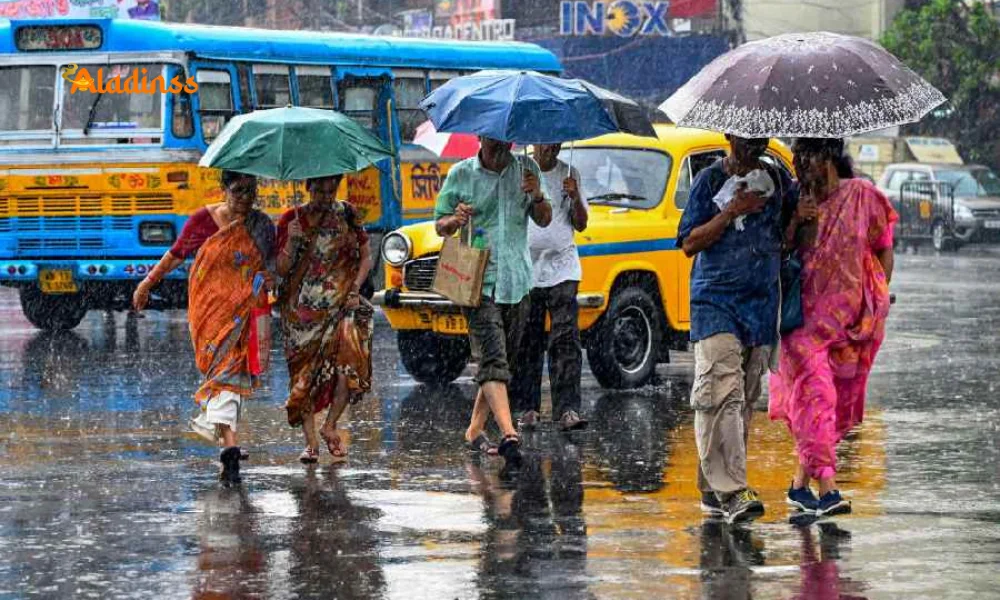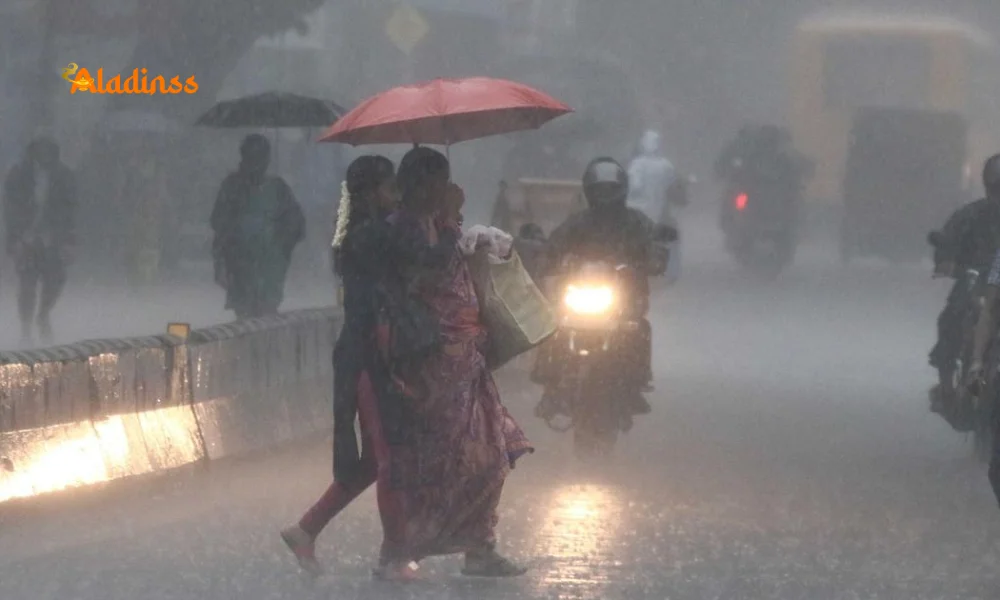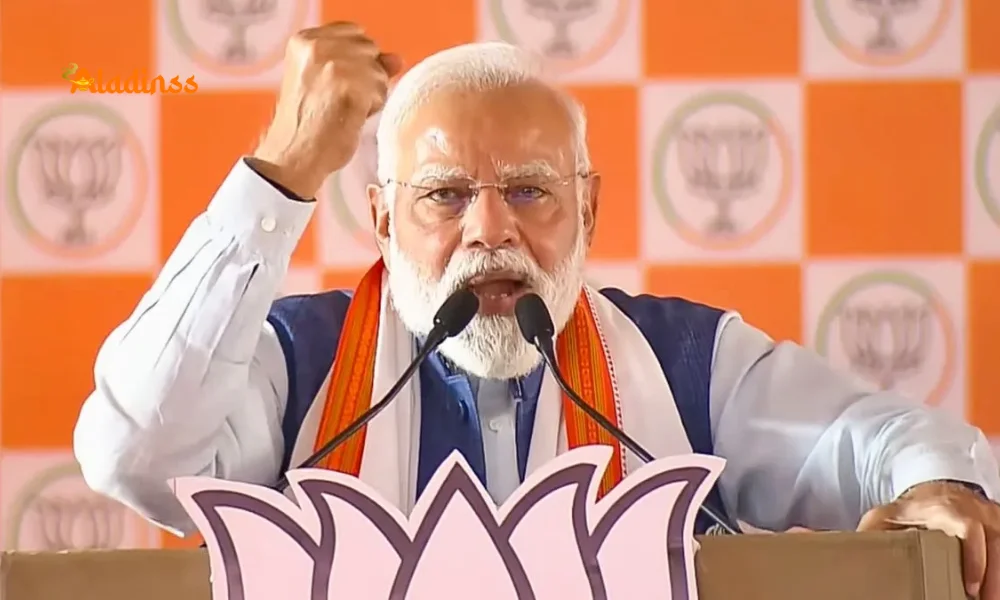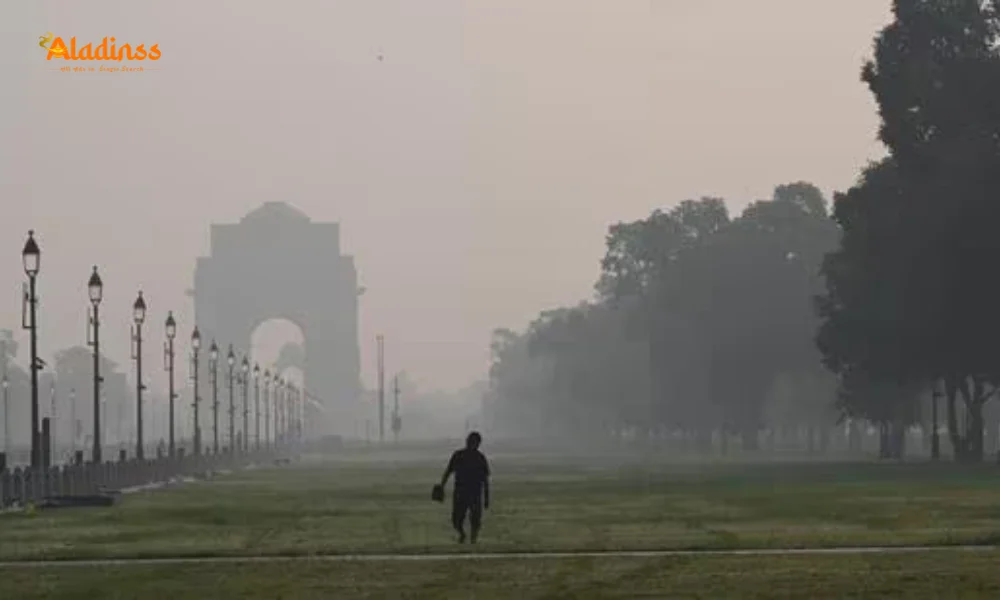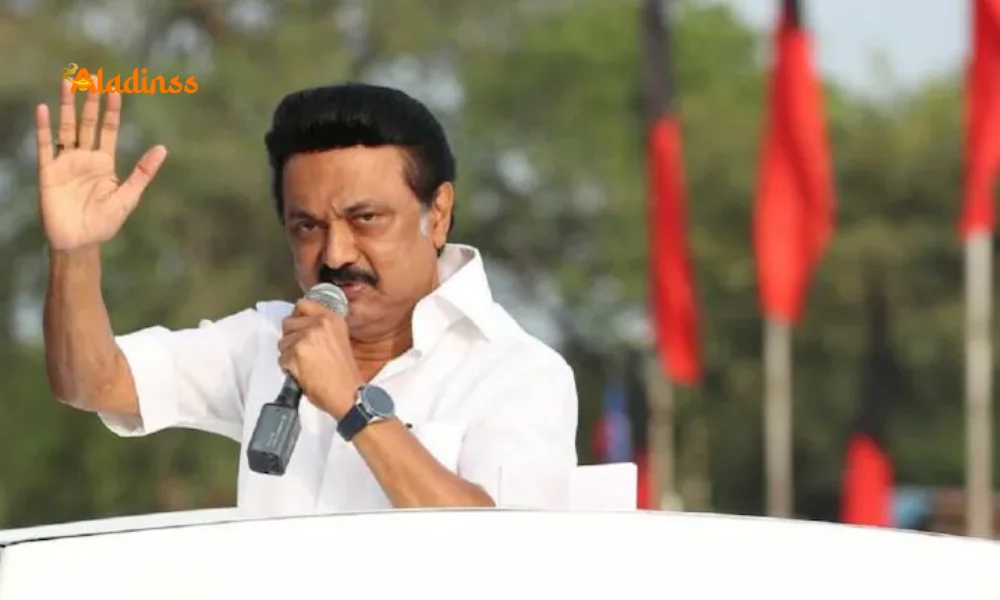Free IRCTC Date Change from Jan 2026
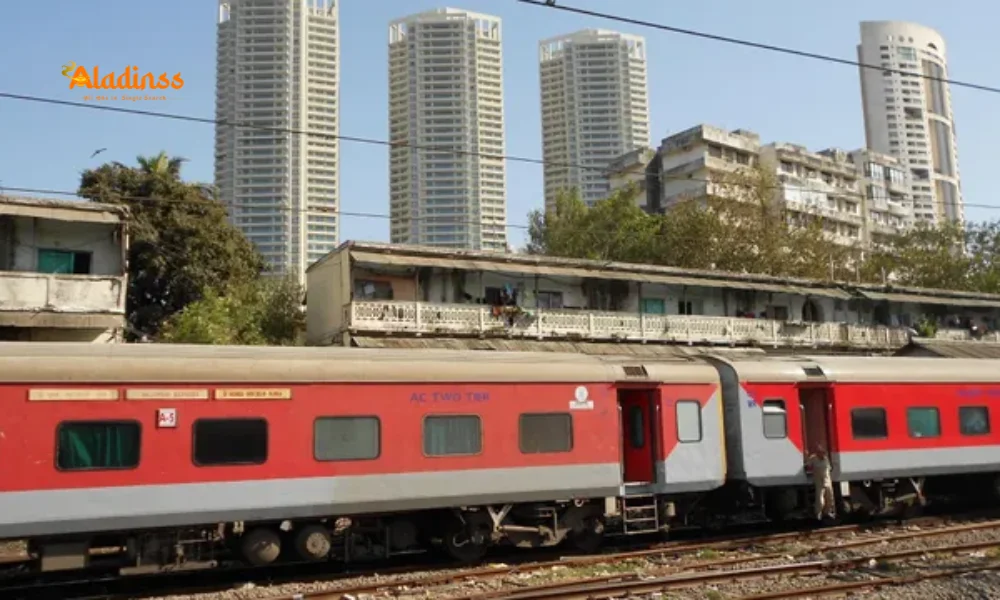
Indian Railways Announces Free Date Modification for IRCTC Online Tickets Starting January 2026
In a passenger-centric update, Indian Railways is set to introduce free date change for confirmed online tickets booked via IRCTC from January 2026. This long-awaited feature aims to offer greater flexibility amid shifting travel plans, sparing commuters the hassle and costs associated with cancellations. While the festive rush this season won't benefit immediately, the policy signals a shift toward more user-friendly rail travel in the coming year.
A senior railway ministry spokesperson, speaking exclusively to media outlets, revealed that directives from the minister's office have been circulated, with technical teams finalizing implementation protocols. "This enhancement targets online bookings exclusively, allowing seamless adjustments for the same route without additional charges," the official noted, emphasizing its role in streamlining IRCTC operations.
Under the forthcoming system, travelers can reschedule journeys for identical origin and destination points, though confirmation isn't assured for the revised date. Availability will dictate whether a seat remains confirmed, reflecting real-time demand fluctuations. Any fare discrepancies due to seasonal pricing will require passengers to settle the balance, ensuring equitable adjustments.
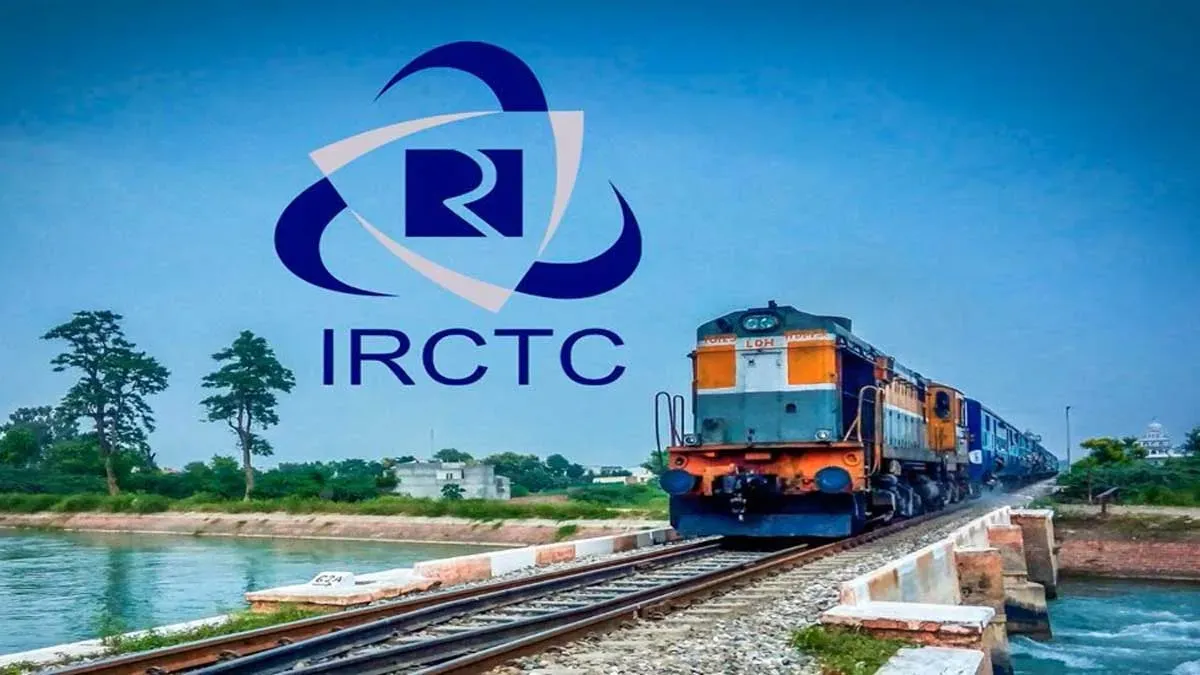
Current Limitations and the Need for IRCTC Date Change Flexibility
Presently, modifying travel dates on IRCTC online tickets demands full cancellation, incurring hefty penalties—up to 50% of the base fare if done less than 48 hours before departure. This process not only erodes savings but also compels users to re-enter personal and journey specifics anew, often leading to booking errors under pressure. Offline tickets, conversely, permit limited name and date alterations at counters under predefined rules, a disparity that's long frustrated digital-first passengers.
With IRCTC handling over 80% of India's 12 million daily reservations, the volume of such cancellations strains refund systems and erodes trust. Officials project that free date change IRCTC could slash these instances by 30-40%, freeing resources for core services like Vande Bharat expansions and station modernizations. This aligns with broader digitization drives, where AI-driven waitlists and predictive analytics already optimize seat allocations.
The policy's rollout coincides with heightened scrutiny on rail accessibility. Recent data shows urban millennials and working professionals, reliant on e-ticketing, frequently alter plans due to work or family commitments. By enabling a one-click reschedule—potentially via app notifications—the initiative could boost satisfaction scores, mirroring successes in aviation's flexible fare models.
Details Emerging on Scope: Class Upgrades and Procedural Nuances
While core mechanics focus on date shifts, queries linger on ancillary options like class upgrades during rescheduling. The ministry anticipates clarifying this in forthcoming circulars, possibly extending provisions for lateral moves—say, from Sleeper to AC 3-tier—if inventory permits. Such inclusions would cater to dynamic needs, like upgrading for comfort on long-haul routes such as Mumbai-Delhi.
Implementation will leverage IRCTC's robust backend, integrating with UPI for instant fare settlements. Users might access the feature through a dedicated "Modify Booking" tab, pre-populating details to minimize inputs. Security layers, including OTP verification, will guard against misuse, building on Aadhaar-linked protocols for Tatkal quotas.
Critically, the no-guarantee clause on confirmations tempers expectations. In peak seasons, waitlisted shifts could persist, nudging users toward premium options like Tejas Express flexi-fares. Yet, for off-peak adjustments, this could transform routine commutes, reducing no-shows by alerting berth holders of potential upgrades.
Recent Reforms Paving the Way for Enhanced Passenger Experience
This announcement caps a series of progressive tweaks. From October 1, 2025, general reservations opened Aadhaar-only access in the initial 15 minutes to curb bot-driven hoarding, democratizing access for genuine users. Last November, shortening advance bookings from 120 to 60 days curbed speculative holds, sharpening demand forecasts and curbing black-marketing.
- Aadhaar authentication for Tatkal to eliminate fraud IDs.
- Dynamic pricing pilots on select routes for real-time affordability.
- Expanded UTS app for unreserved tickets, hitting 5 crore downloads.
These steps underscore Minister Ashwini Vaishnaw's vision for a "tech-savvy railway," where data analytics predict surges, ensuring equitable distribution. The date change policy fits seamlessly, potentially integrating with Amrit Bharat Station upgrades for holistic mobility.
Broader Impacts: Boosting Economy and Sustainability in Rail Travel
Economically, free date modifications could invigorate tourism and business travel. With India's rail network ferrying 23 million daily, reduced cancellations mean steadier revenue—projected at Rs 2.5 lakh crore annually—while curbing operational wastes like empty berths. Small traders, reliant on punctual hauls, stand to gain from reliable scheduling.
Sustainability angles emerge too: Fewer refunds translate to less paper waste from re-prints, aligning with green initiatives like solar-powered stations. Environmentally, optimized loads cut fuel consumption, supporting net-zero goals by 2030. Passenger feedback loops, via IRCTC surveys, will refine the feature, ensuring iterative improvements.
Challenges persist, however. Rural users with spotty internet may lag, prompting hybrid counter integrations. Equity concerns around fare differences could arise in inflationary climes, necessitating caps or subsidies for vulnerable groups like seniors and students.
How This Fits into IRCTC's Digital Evolution
IRCTC's journey from a nascent portal to a billion-dollar entity mirrors this evolution. Post-2020 digitization surges, features like video calling for queries and AI chatbots have slashed call center loads. The date change tool will augment this, possibly linking with GPS for real-time diversions on weather-hit routes.
- Integration with OneIndia app for unified bookings.
- Blockchain trials for tamper-proof PNRs.
- Voice-assisted modifications for accessibility.
As January 2026 nears, beta testing on select corridors like Howrah-Delhi could iron kinks. Stakeholders, from unions to chambers, applaud the move, viewing it as a bridge to global standards where flexibility trumps rigidity.
Passenger Perspectives and Future Roadmap
Anecdotes from forums highlight relief: A Delhi professional dodged Rs 2,000 in fees last Diwali via cancellations; now, such scenarios fade. Families planning pilgrimages to Varanasi or weddings in Jaipur will appreciate preserved confirmations, fostering loyalty to rails over flights.
Looking ahead, the roadmap includes auto-refunds for no-shows and predictive rescheduling prompts. With 1.4 billion trips yearly, these tweaks position Indian Railways as a resilient lifeline, blending tradition with innovation for a mobile nation.
In essence, the free date change IRCTC policy isn't just procedural—it's a promise of empathy in motion, ensuring rails remain India's heartbeat, adaptable and inclusive.
Comment / Reply From
No comments yet. Be the first to comment!
